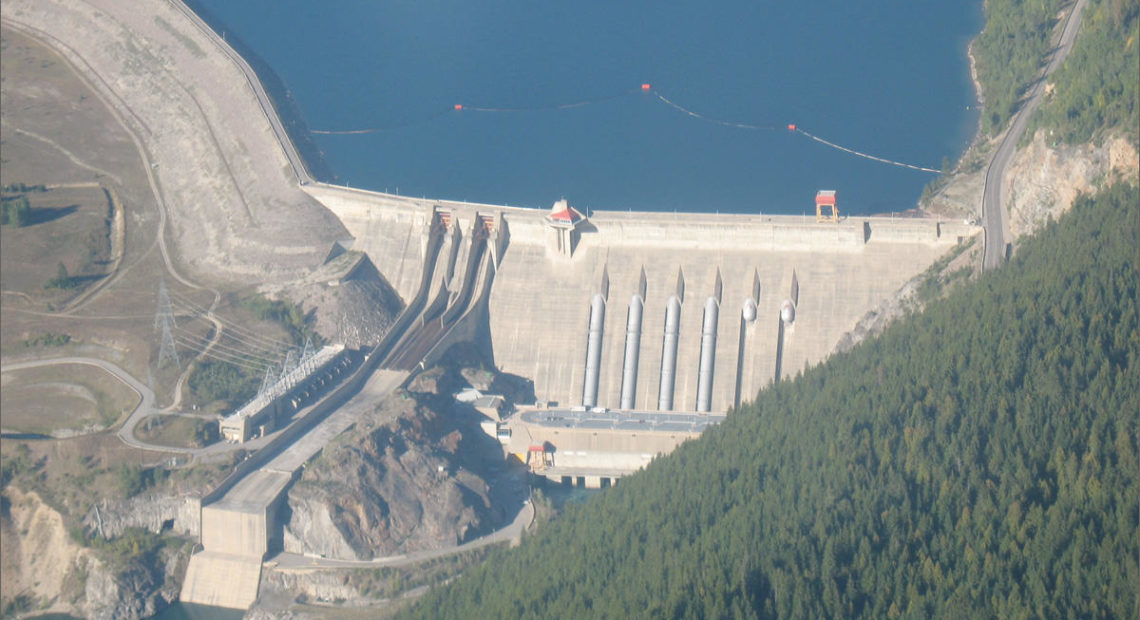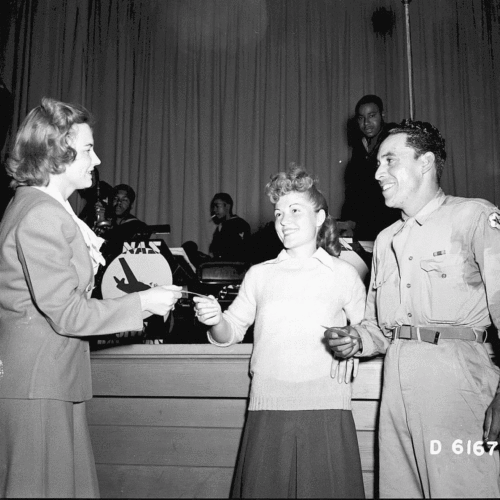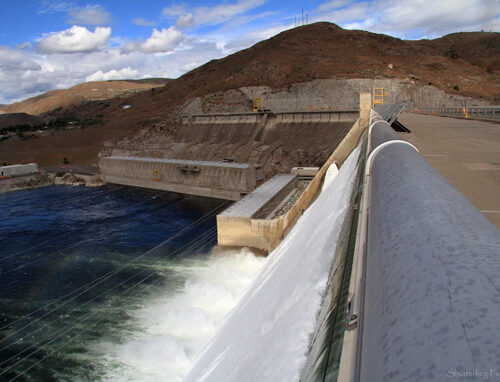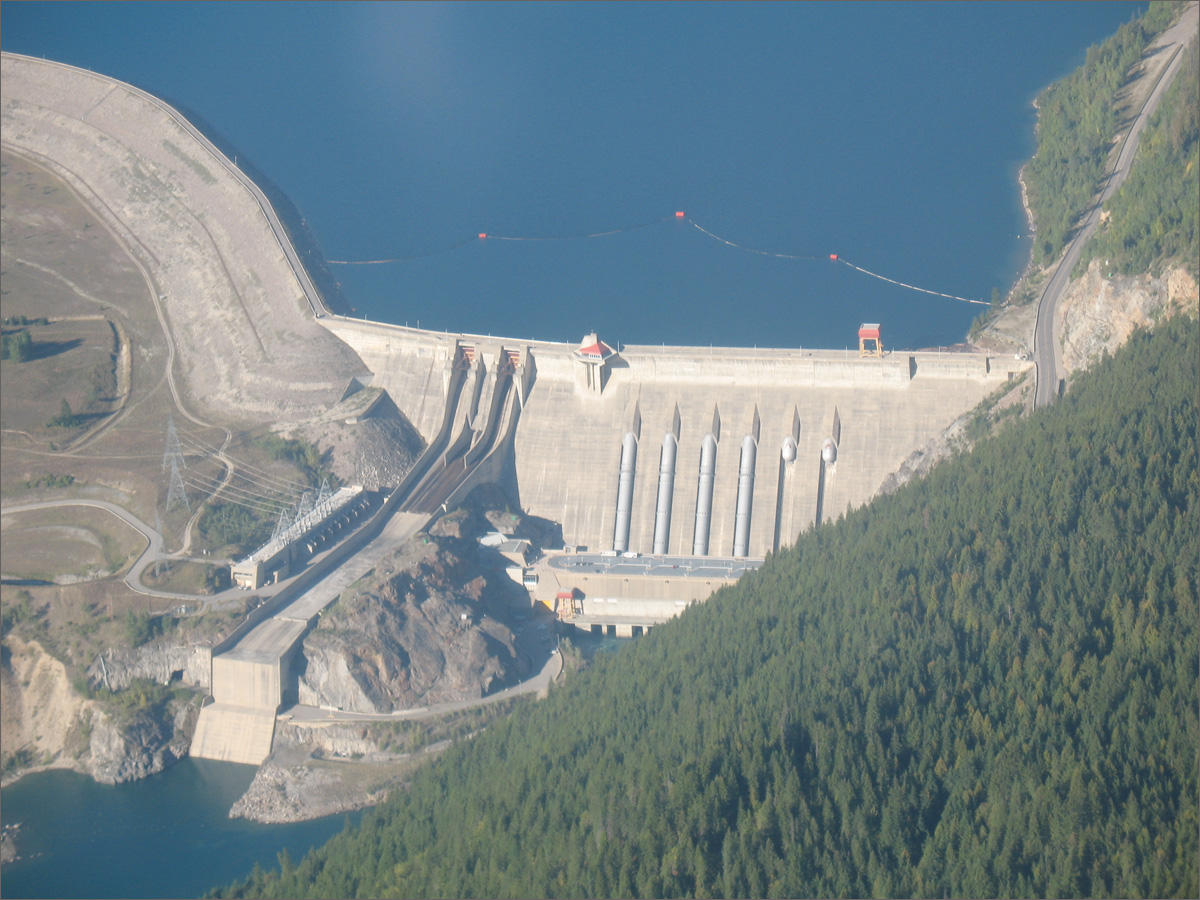
State Department Vague But Optimistic On Columbia River Treaty Renegotiations
Listen
On the conference call, members of the negotiating team didn’t want to be identified, but a spokesperson who asked to be called “a senior U.S. government official” said the two-day meeting was “very productive.”
They declined to elaborate on any specific negotiating positions, but they did say they seek “greater coordination with Canada on the appropriate quantity and timing of water releases to help support a healthy ecosystem, and that includes salmon.”
They also seek “an equitable balance” with respect to hydropower that is produced on the Columbia River. U.S. officials have been saying that Canada derives more benefit from the treaty than the U.S..
The negotiating team is relying on regional recommendations that were finalized in 2013 following years of consultation with federal and state agencies and tribes in the region.
However, there is still no formal tribal representation on either side of the negotiating table.
When the State Department announced it would formally open renegotiations with Canada, the Confederated Tribes of the Colville voiced disappointment at the lack of tribal representation on the negotiating team. There are 15 tribes on the U.S. side of Columbia River Basin. Three Canadian First Nations say they have also been excluded from formal negotiations.
Rep. Cathy McMorris Rodgers, R-Washington, has been pushing for renegotiations for at least four years. She said consultation with tribes has been adequate.
“I’m comfortable with who is at the negotiating table,” McMorris Rodgers said. “It’s those that are actually managing the river system itself, and they long have been the lead negotiators.”
The U.S. negotiating team is led by the State Department and includes representatives from the Bonneville Power Administration and three other federal agencies.
The next round of talks on the treaty are set to take place in British Columbia in mid-August. The treaty dates back to 1964. It expires in 2024.
Related Stories:

Exposición en Richland destaca contribuciones de latinos en Hanford
El Museo REACH de Richland presenta una nueva exposición titulada “Migration to Community”, que destaca las contribuciones de los hispanos y latinos en Hanford.

An exhibition in Richland highlights the Latino contributions at Hanford
The Reach Museum in Richland is featuring a new exhibition called Migration to Community, which highlights the contributions of Hispanics and Latinos at Hanford.

Feds update Columbia River Treaty flood risk management
Grand Coulee Dam in eastern Washington. Changes to the Columbia River Treaty could mean more flood risk management is controlled at the dam. (Credit: Shutterbug Fotos / Flickr Creative Commons)
















